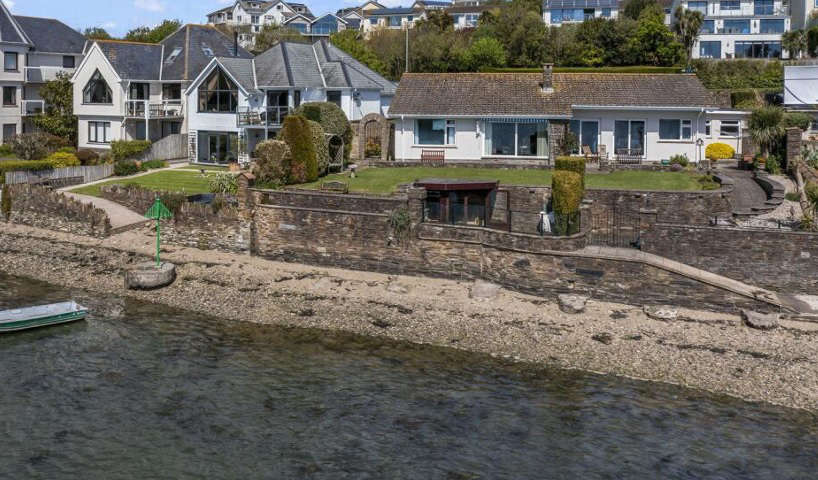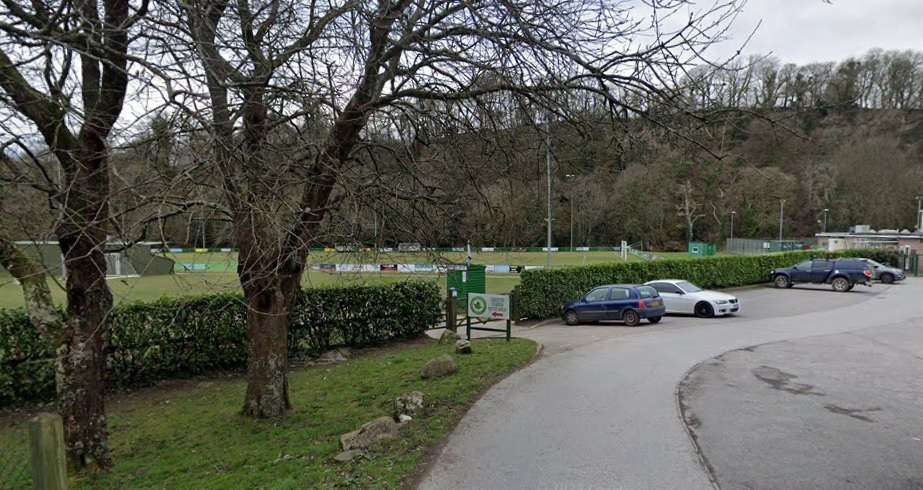
Consultation ends Friday
Time is running out for people in Exeter to have their say on plans to expand the city’s cycling and walking network.
The proposals for the draft Exeter Local Cycling and Walking Infrastructure Plan (LCWIP) sets a target for 50 per cent of work trips originating in Exeter to be made by foot or cycle by 2030.
The plan details 22 cycle routes and five city centre walking routes, featuring traffic-free cycle routes, advisory cycle routes on quiet roads, as well as junction and pavement improvements.
They include a new pedestrian and cycle bridge to improve the link between St David’s station and the Exe Estuary Trail; create a low traffic or car-free development with “attractive cycle and walking connections” at Water Lane, and improve cycling and walking links to the new railway station at Marsh Barton.
It also features what it claims is an ‘enhanced approach’ to the city centre from the east, opening up access to the river and canal from the city centre, converting one of the Exe Bridges to a ‘green bridge’ and downgrading several junctions on Western Way to improve conditions for walking and cycling.
Developed by Devon County Council in partnership with Exeter City Council, the plan outlines investment over the next 10 years and forms part of a government strategy to increase the number of trips made on foot or by cycle.
Councillor Josie Parkhouse (Labour, Pennsylvania), Exeter’s lead councillor for leisure and physical activity, said: “At the city council, we’re keen to get as many people as possible choosing active travel to get around Exeter instead of getting in the car.
“We believe these traffic-free routes will give people a really viable option to leave the car behind and instead make that journey by walking or cycling.”
Cllr Stuart Hughes (Conservative, Sidmouth), Devon County Council’s highways chief, added: “The results of the consultation will help identify which potential schemes can have the greatest impact to boost walking and cycling.
“Exeter is a compact city which presents challenges in providing this infrastructure, but Devon County Council has a strong track record of delivering improvements to walking and cycling routes in the city.
“As a result of our investment over the years walking levels in Exeter are consistently among the highest in the UK and cycling levels continue to grow.
“We’re looking to build on the success of a number of projects such as the Exe Estuary Trail which has become incredibly popular since its completion in 2014.”
All the proposed schemes will need further development and design after the consultation period, and they all depend on external funding.
The consultation ends on Friday and can be found here: http://www.devon.gov.uk/haveyoursay/consultations/exeter-local-cycling-and-walking-infrastructure-plan-lcwip/
 Pop-up market proposal for Exeter city centre
Pop-up market proposal for Exeter city centre
 'Bad deal' blast over Churston solar farm
'Bad deal' blast over Churston solar farm
 Bovey Tracey holiday homes plan rejected
Bovey Tracey holiday homes plan rejected
 Broadside for 'incongruous' Kingsbridge waterside home
Broadside for 'incongruous' Kingsbridge waterside home
 Ivybridge football project given go ahead
Ivybridge football project given go ahead
